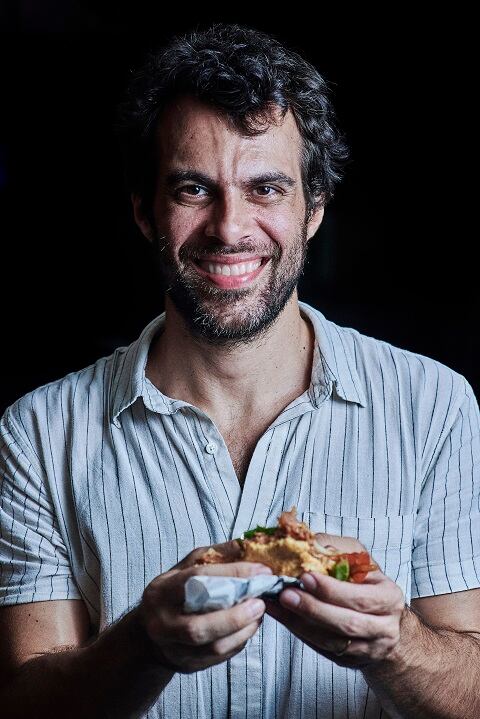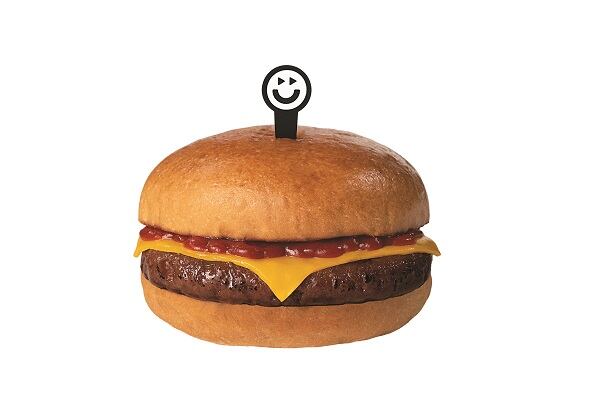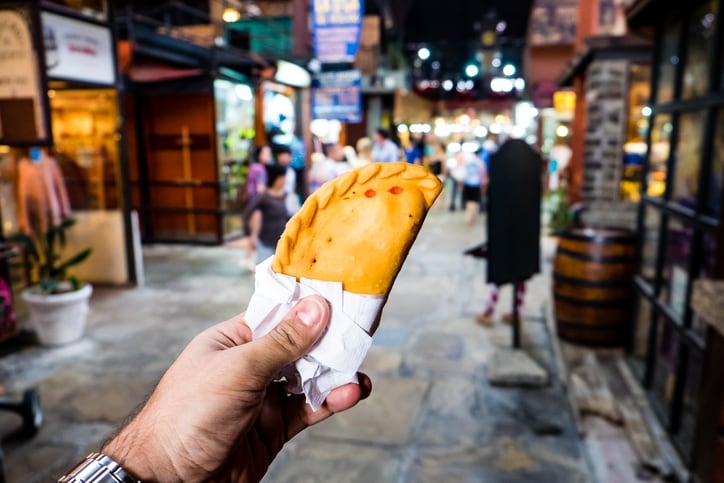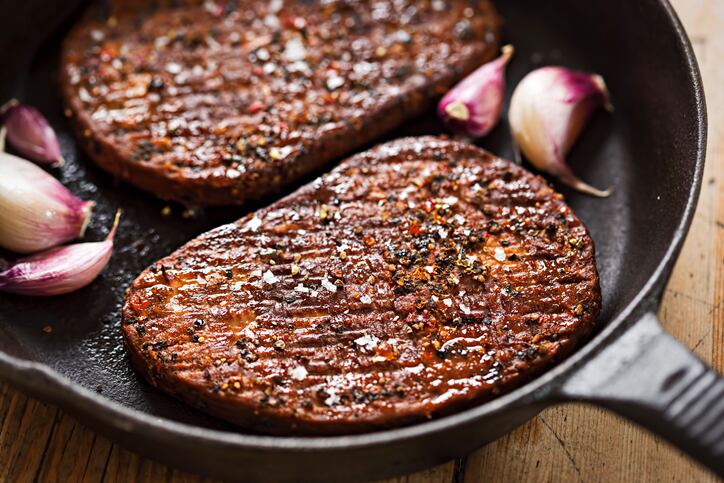Futuro Burger is made from pea protein, soy protein isolate, chickpea protein isolate and beetroot juice for colour. It has the same protein content as beef but less fat.
“The creation of Futuro Burger started with major learning and an understanding of the bovine meat itself and its components," said the company. "[This means] the amino acids that comprise an animal protein, the lipid chains that offer the sensation of fat, volatile compounds from bovine blood, and even the caramelising of sugars present in beef. This was only possible thanks to a mix of sensorial tests and artificial intelligence.”

The non-GMO and gluten-free product has a recommended retail price of around R$16.99 for two units, a similar price to premium-quality meat burgers in Brazil.
Global expansion aims
The start-up, Fazenda Futuro, is as new as its recently launched burger. It was officially founded this month by food entrepreneur and investor Marcos Leta who, 10 years ago, founded Rio-based healthy drinks company Do Bem.
Fazenda Futuro, which means Future Farm in Portuguese, currently has the manufacturing capacity to produce between 20 and 30 tons a month, and is already in production to supply restaurants and supermarkets around Rio de Janeiro and São Paolo.
The burger will be available in Pão de Açúcar, St Marche, Zona Sul, and La Fruteria in May, and in the cities' restaurants this month. However, the firm is feeling bullish about expanding to the rest of Latin America and beyond.
“Brazil is one of the largest meat exporters in the world. We want to be too,” Leta told FoodNavigator-LATAM.
Filling a gap in the local market
According to Gustavo Guadagnini, managing director of non-profit Good Food Institute (GFI) Brazil, the success of ‘made in Brazil’ vegetarian meat alternatives has been held back by a lack of products that mimic the taste and texture of meat. A typical vegetarian burger in Brazil is a quinoa or chickpea patty, for instance. Fazenda Futuro is, therefore, looking to fill this gap in the market.
“There is a market here both in Brazil and the rest of Latin America because the products sold on the market are simply not as good as in the US,” Guadagnini told this publication previously. “Most of the products we have here don’t have a lot of tech.”
This lack of tech meant that Fazenda Futuro had to import processing equipment from Germany originally designed for the meat to scale up its production.
“We conducted several studies that led us to ‘hack’ meatpacking machines to get to our first generation of hamburger from the future,” said Leta.
Global competitors
The global plant-based meat alternative space is becoming increasingly busy, with some high-profile contenders, such as Beyond Meat’s Beyond Burger, Impossible Foods’ Impossible Burger or Nestlé’s Incredible Burger, which launched in Europe this month.
So while Fazenda Futuro faces some stiff competition, Brazil’s relatively high import tax and weaker currency means imported brands such as these are often unaffordable for many Brazilians, opening up market opportunities for national manufacturers.
The Good Food Institute is helping Latin American food and drink companies develop animal-free products and worked with Fazenda Futuro on this product.
“The history is very close to what happened with Mantiqueira [when developing its vegan egg N.Ovo],” said Guadagnini. “We started the project about a couple years ago, Marcos went to the US and visited a few companies there, looking for products to import or license. In the end, the business case for developing locally made more sense and he started to pursue that.
“Marcos already had good experience in product development and he is very competent with the business and branding areas. He moved fast with the project and the final product tastes amazing. [It] will be available for a competitive price and is scalable.”
According to research conducted by Datafolha, 63% of Brazilians surveyed said they wanted to reduce their meat consumption following the rotten meat scandal that rocked the country in 2017.




